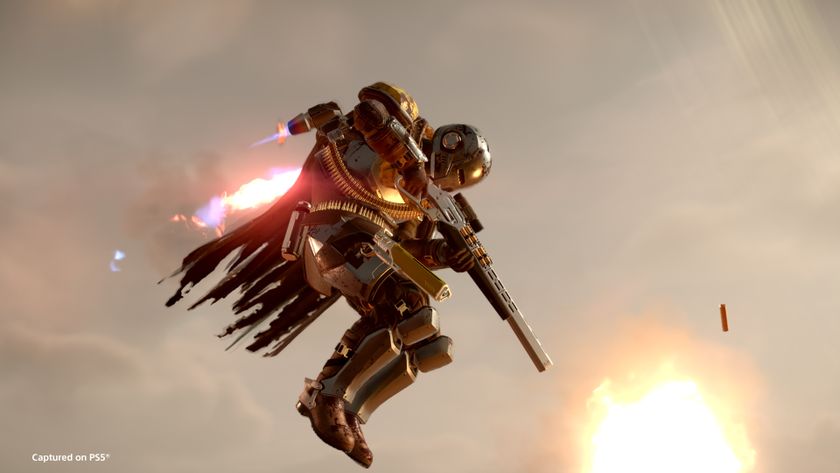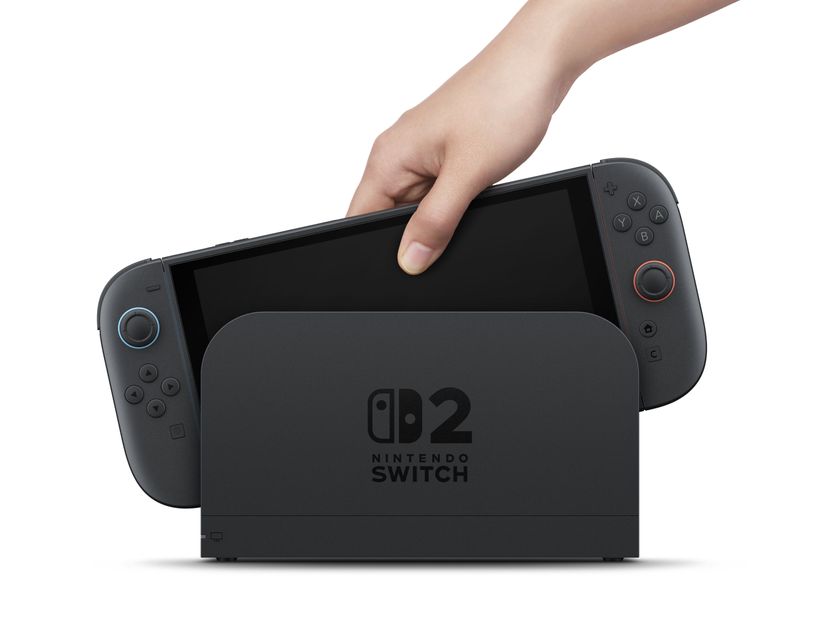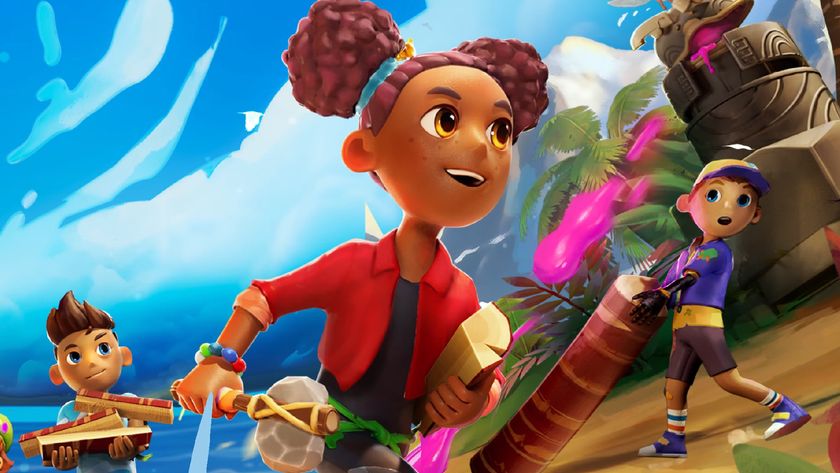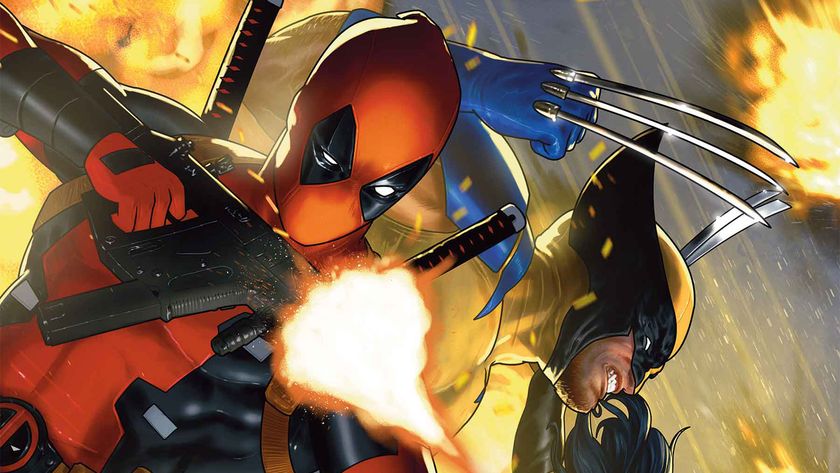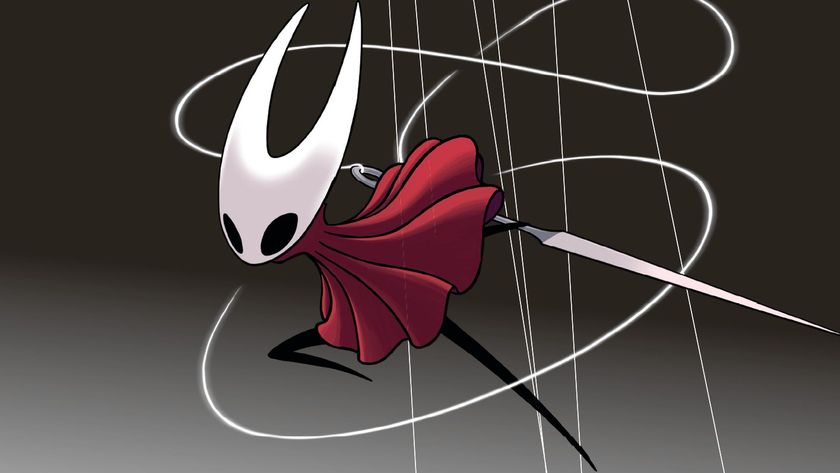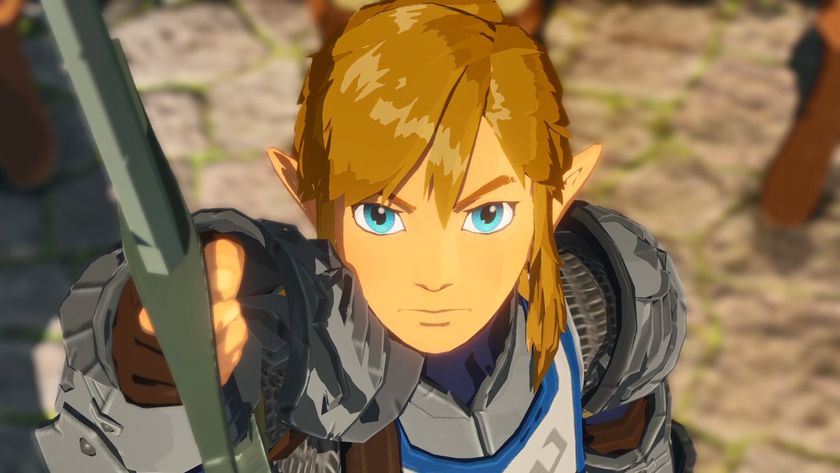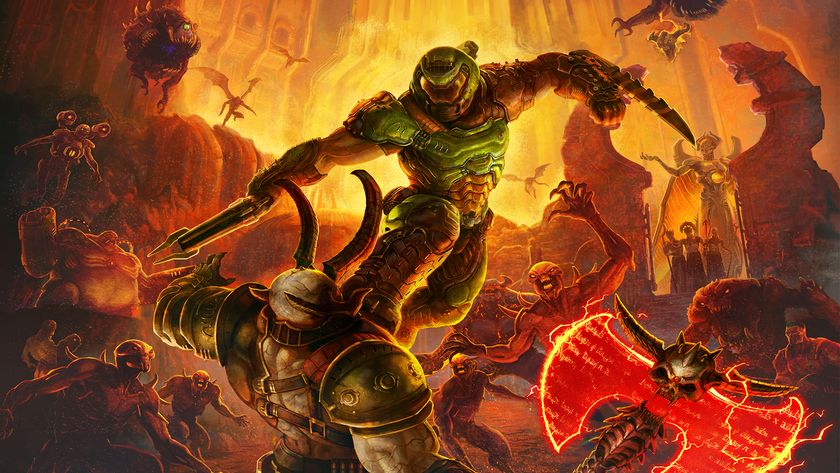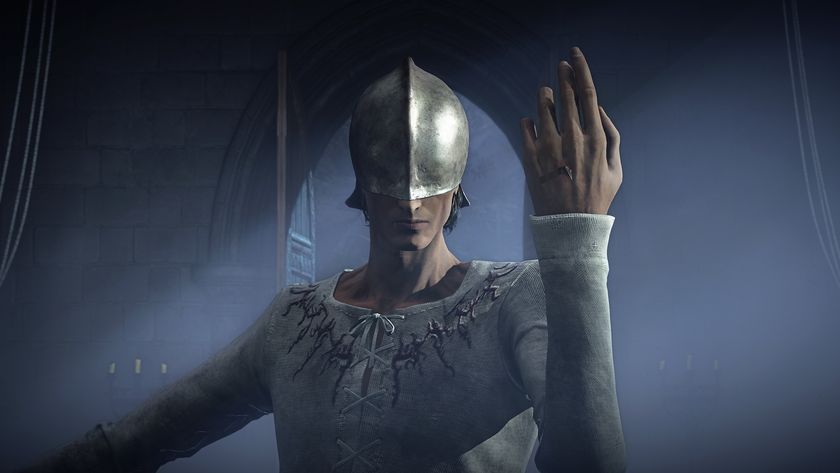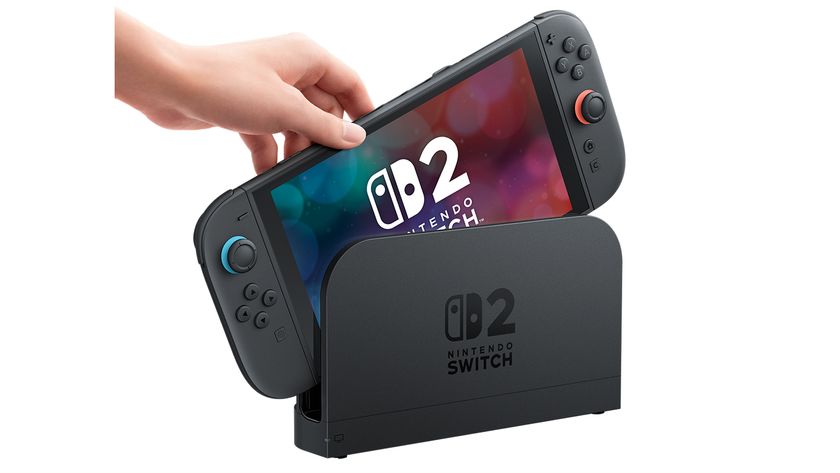Protect and Serve
Squaring up to copy protection in PC games
Manuals were like Bibles in those days. King's Quest III demanded spell recipes, Conquests of Camelot looked for answers to riddles, while Leisure Suit Larry asked you to seek out ladies' numbers. Gilbert continues: "In Maniac Mansion, there's a security door that leads to the second floor of the mansion and it requires a code. The player looked up the code in a small book that accompanied the game. The book was themed like a real security codebook. If you got the code wrong, it triggered an alarm and the nuclear reactor started to melt down. If you didn't get it right after a few minutes, the mansion would blow up and the game would be over."
Gilbert's invention worked a treat - even if you didn't have the codebook, you could still play a quarter of the game, so it functioned perfectly as a demo. The Secret of Monkey Island sold with a cardboard rotating pirate wheel that revealed numbers when spun, which in turn validated the player. "It's hard to imagine these systems working today. If you created Monkey Island's code wheel, someone would build a Flash version and put it online within ten minutes of the game's release," says Gilbert.
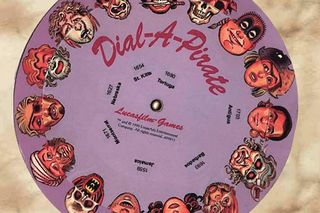
Above: There was a time when this was a leading innovation in copy protection
Not all early copy protection was so lovable. Copy protection mechanism Lenslok was meant to reveal codes displayed on the monitor, but on some screens this fancy piece of plastic just revealed an abstract mush. Regardless, peripheral protection didn't last long - a few years later, PC games began demanding registration keys. "I guess copy protection was so abused in the past that a lot of the big-hitting companies decided to toughen up and others followed suit," says Jon Hare. "I'm sure EA wouldn't be as casual about a 90% piracy rate as we used to be. And who can blame them?"
Games now employ Fort Knox-levels of security. SafeDisc, which provides basic copy protection for games like Battlefield 2, now features an advanced software development kit. Dan Gamble, SafeDisc PR, explains: "The game code becomes aware of a copy and changes its behaviour. Imagine a copied game that allows you to get to level three, but then removes the exit door to level four. Or a copied game that decides that you can never replenish your character's energy - or one that would remove all the best weapons from use..."
Sign up to the 12DOVE Newsletter
Weekly digests, tales from the communities you love, and more
